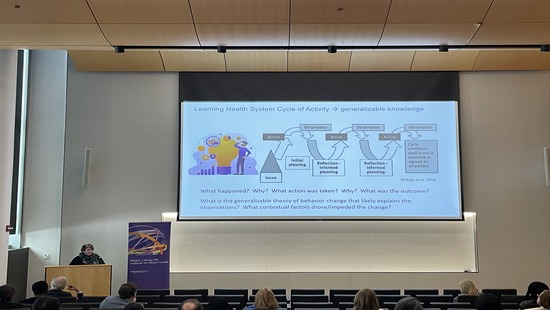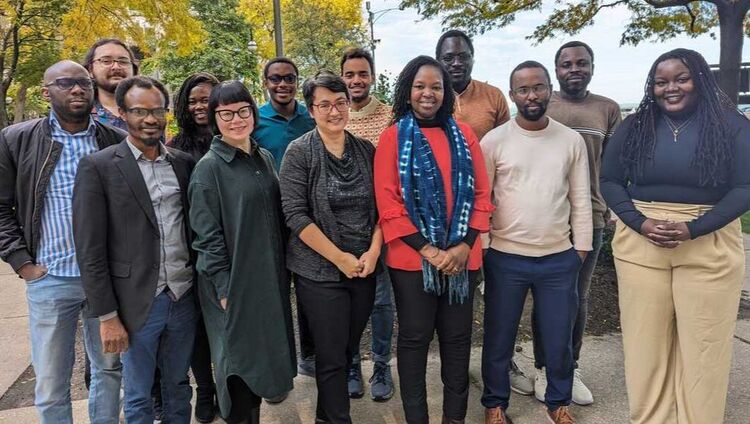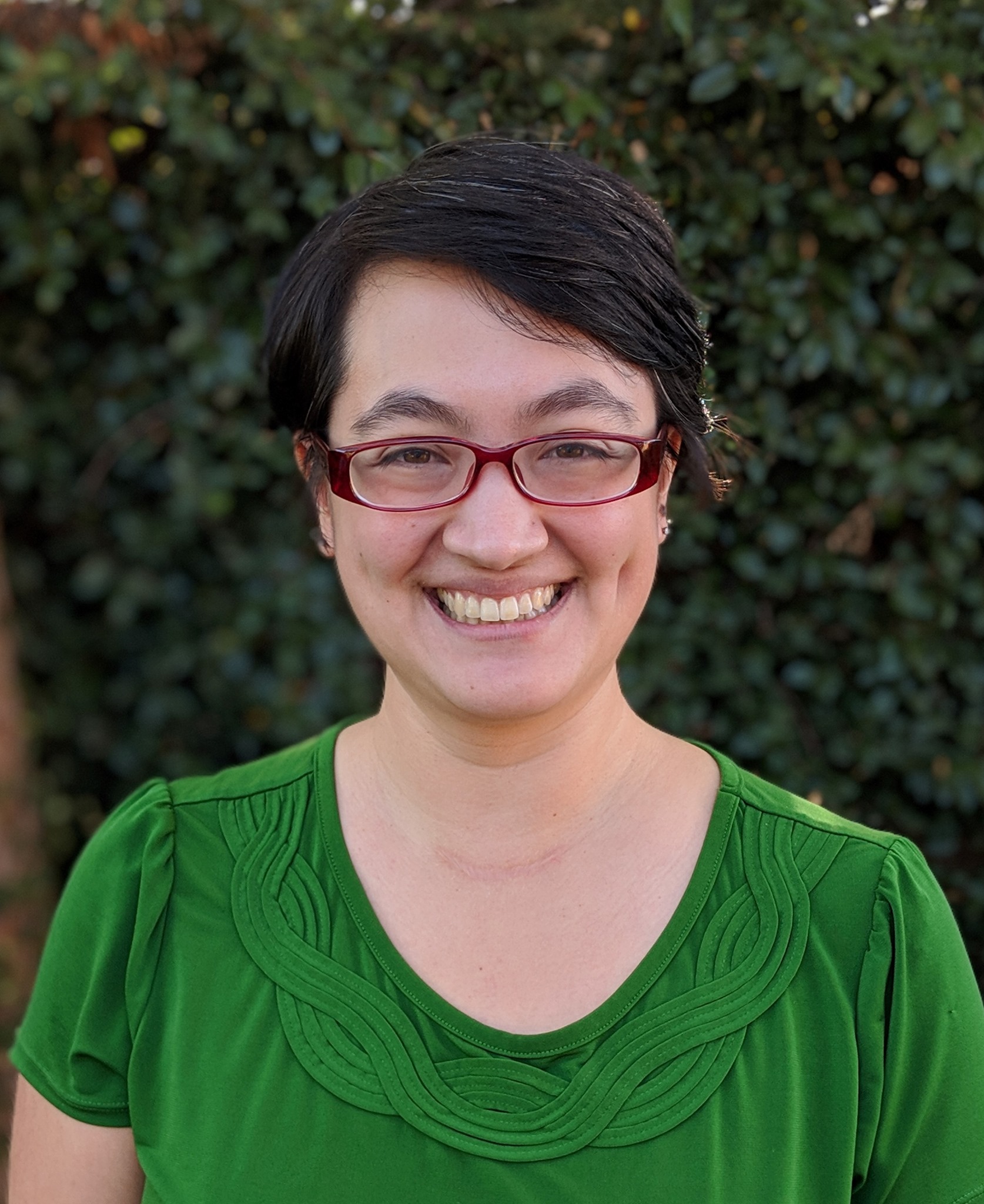Gravitt Discusses Cancer Health Disparities Research

Battling a life-threatening disease takes resources, time and talent. The team at Robert J. Havey, MD Institute for Global Health is at the forefront of partnering with global programs to improve decision-making and reduce the burden on communities most impacted.
Within the Center for Global Communicable & Emerging Infectious Diseases, the Malaria Modeling team specifically focuses on reducing malaria burden through the application of analytics and modeling.
The team works to improve malaria models, which are the creation of a physical, mathematical, or conceptual representation used to predict outcomes and behavior, to more accurately predict intervention impact and develop modeling capacity in malaria-endemic countries.
Malaria, which the World Health Organization describes as “a life-threatening disease spread to humans by some types of mosquitoes,” is both preventable and curable.
Jaline Gerardin, PhD, assistant professor in Preventive Medicine (Epidemiology) and McCormick School of Engineering, spearheads the team’s efforts as team lead.
“Analytics and modeling can be really useful tools to help decide what strategies might be best to pursue,” Gerardin says.

The Malaria Modeling team is part of Center for Global Communicable & Emerging Infectious Diseases.
Countries with a high burden of malaria also have limited resources, so making the most out of what’s available is critically important.”
- Jaline Gerardin, PhD, assistant professor in Preventive Medicine (Epidemiology) and McCormick School of Engineering

The Malaria Modeling team works extensively in Africa, supporting malaria programs in several countries in West Africa, including Burkina Faso, Côte d’Ivoire, Guinea, Nigeria, Sierra Leone, and Togo. Their capacity development work has focused on upskilling talent in sub-Saharan Africa in the areas of Benin, Burkina Faso, Ghana, Guinea, Kenya, Mali, Nigeria, Senegal and Zimbabwe.
“We work with countries’ malaria programs to support their decision-making needs with data analysis and modeling, which has helped them prioritize their resources, quantify the impact of past interventions, and identify remaining gaps,” Gerardin says.
To support communities of practice in applied malaria modeling and analytics, the team co-founded a professional association called AMMnet, the Applied Malaria Modeling Network, which is a community-building initiative that reaches more than 70 countries globally.

The logo for AMMnet, the Applied Malaria Modeling Network.
As Gerardin shares, “We grow capacity both through immersive training programs and by facilitating global and local connections and knowledge exchange via AMMnet.”
Working with Gerardin is a team that includes faculty, students and staff: Oumar Billa, MD PhD, research assistant professor in Preventive Medicine; Manuela Runge, PhD, postdoctoral fellow; Tobias Holden, PhD student with HSIP/MSTP; staff members Ricky Richter, Mohamed Kanu, Safa Siddiqui, and Valens Rwema on analytics; staff member Letitia Onyango on qualitative projects; and staff members Shannon Stanfill and Hifzah Malik on community building.
The Malaria Modeling team plans to continue to use their resources to identify how to most effectively reduce the burden of malaria in communities throughout the world.
“Countries with a high burden of malaria also have limited resources, so making the most out of what’s available is critically important,” Gerardin says.
Jaline L. Gerardin, PhD is a member of Robert J. Havey, MD Institute for Global Health, Institute for Public Health and Medicine (IPHAM), Northwestern Institute on Complex Systems, and Northwestern University Clinical and Translational Sciences Institute (NUCATS).
To learn more about the Malaria Modeling Team, visit their website.
For details on events, news, and funding opportunities, sign up for the Havey Institute for Global Health newsletter.

